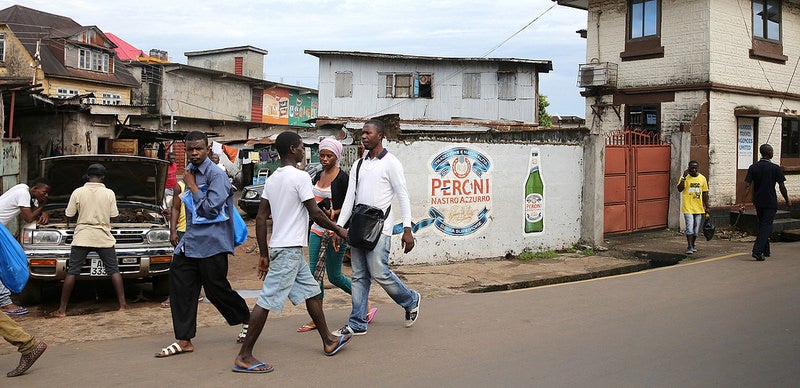
Do political institutions matter when explaining why some post-conflict countries fall back into conflict? On the one hand, many believe inclusive political institutions to be key for conflict prevention. On the other hand, the academic literature so far, mostly focusing on the effect of regime type more generally, fails to find consistent effects – more democratic states do not clearly experience less conflict recurrence. This blog post summarizes a paper, which argues that rather than democracy more generally, very specific political institutions can very well have an influence on whether conflict recurs or not.
Which specific political institutions should matter and why?
The potential list of specific institutions that could be key for conflict prevention is long: SDG 16, for example, calls for “effective, accountable and transparent” institutions and “responsive, inclusive, participatory and representative decision-making at all levels”. The analysis broke down the main arguments why democracy should be conflict-reducing and thereby identified two sets of factors that should be particularly relevant for conflict prevention: constraints on the executive and political participation. First, institutional constraints, such as parliaments or high courts, should prevent electoral winners from excluding and aggravating election losers or other relevant, political groups and thereby prevent new grievances from emerging in the post-conflict period. Second, if former as well as potential future rebels are provided with channels to participate in the political system - such as political parties, civil society or local elections - it should be possible to solve potential conflict through peaceful, rather than violent, means.
What effects can be found empirically?
Using newly available data from the Varieties of democracy (V-dem) project, this analysis was the first to differentiate several types of constraints and channels for participation and examine their effect on a country’s risk of experiencing conflict recurrence (using logistic regression analysis on data from 1946 to 2011, including data on armed conflict from UCDP/PRIO and a set of control variables). Three types of institutional constraints were differentiated – judicial, legislative and constitutional - as well as four types of participation – direct democracy, subnational elections, civil society participation and voter-turnout at the national level.
The results show that strong legislatures and high courts as well as local elections and civil society participation are indeed significantly and robustly associated with less conflict recurrence. The same effects could not be found for constitutional constraints, direct democracy mechanisms or voter turnout in national elections. This suggests that political institutions that empower former and potentially new conflict parties to become active in the new polity are effective at preventing conflict recurrence. In particular, it seems important that chances to participate beyond national elections exist.
What do we learn from this?
Given the many non-findings regarding the relationship between regime type and conflict recurrence several authors have concluded that democracy or even political factors more generally do not play a prominent role in explaining post-conflict trajectories. The findings of this paper call this into question and instead show that politics do matter for conflict recurrence. The paper can also contribute to current academic and policy debates by not only pointing out the relevance of post-conflict institutions per se, but systematically comparing a number of institutions. It thereby provides both scholars and policy makers with much more specific insights on which types of institutions can be crucial for peacebuilding.
What do these results mean for external actors aiming to support sustainable peace in post-conflict societies? The development of strong high courts and legislatures that can truly restrain the executive should be one natural starting point, since the analysis suggests this to be the institutional channel through which the strongest reduction in risk of renewed conflict can be achieved. It is more likely that democracies will have these institutions that are important for preventing conflict recurrence, but the argument and analysis do include, and can be applied to, non-democratic regimes. Strengthening civil society and accountability at the local level should therefore be important starting points for external engagement geared at strengthening peace – both in democratic and non-democratic contexts. SDG 16.7 of the Agenda 2030 calls upon countries to “ensure responsive, inclusive, participatory and representative decision-making at all levels”. The results of this paper suggest that beyond the intrinsic value of such institutions, these can in fact also contribute to peace in post-conflict societies.


Join the Conversation